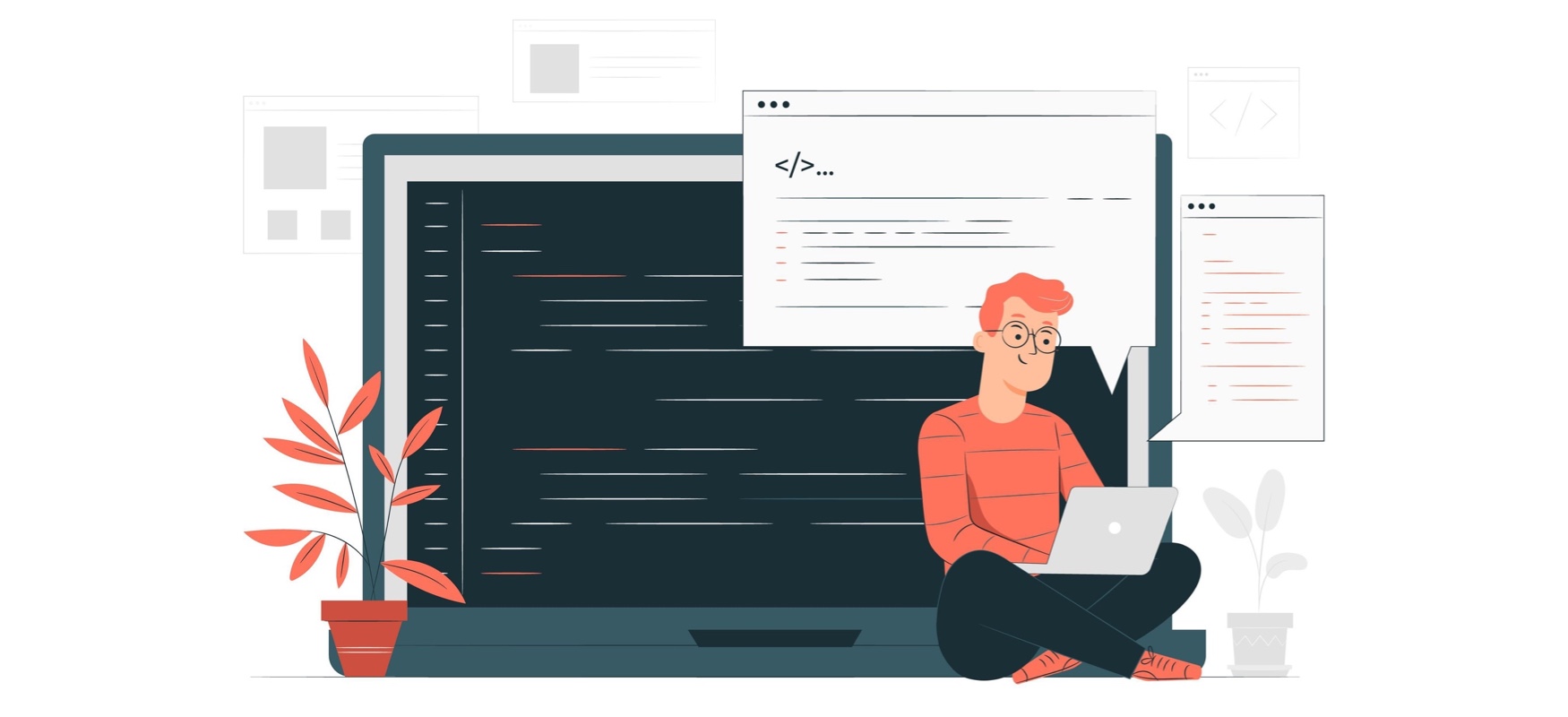
In the ever-evolving world of web development, one constant remains: clean code. In fact, clean code remains the backbone of any successful web project, regardless of the technology used.
In this article, we’ll delve into the importance of clean code in web development and why it’s a non-negotiable aspect of building robust, maintainable, and scalable web applications.
What is clean code?
Clean code isn’t just about adhering to a set of rules or using a specific programming language. It’s about writing code that is easy to read, understand, and maintain. Clean code is like a well-organized book, with each chapter having a clear purpose, a logical flow, and an absence of unnecessary jargon.
Why clean code matters
- Maintainability: web applications are not static; they evolve over time. Code that’s well-organized and easy to understand makes maintenance and future development more straightforward. Developers can quickly identify and fix issues or add new features without causing unintended side effects.
- Collaboration: web development is often a team effort. Clean code is like a common language that everyone on the team can understand. It fosters collaboration by reducing misunderstandings and miscommunications, ensuring that all team members are on the same page.
- Reduced bugs: clean code is less prone to bugs and errors. It follows best practices and design patterns, making it inherently more robust. Fewer bugs mean less time spent debugging and more time improving the application.
- Scalability: as your web application grows, maintaining scalability is crucial. Clean code facilitates the process of scaling, allowing you to add new features or optimize existing ones without creating bottlenecks or introducing instability.
- Faster development: while it may seem like writing clean code takes more time upfront, it often results in faster development in the long run. Clean code is easier to work with and debug, which can significantly speed up the development process.
- Easier debugging: debugging is an integral part of web development. Clean code makes this process less painful. When something goes wrong, it’s easier to pinpoint the issue and fix it, saving valuable time and resources.
How to write clean code
Writing clean code is a skill that can be developed over time. Here’s how we apply it:
- Follow coding conventions: we stick to a consistent coding style. Whether it’s indentation, naming conventions, or commenting, we ensure everyone on your team follows the same standards.
- Modularize your code: we break down code into small, reusable modules or functions. This not only makes code more readable but also promotes code reusability.
- Keep it simple: avoid unnecessary complexity, simplicity should be the goal. If we can solve a problem with fewer lines of code, we do it.
- Meaningful naming: we use descriptive variable and function names that convey their purpose. A well-named function or variable is self-documenting.
- Comment thoughtfully: comments should explain why we did something, not just what we did. Avoid excessive comments, and let the code speak for itself whenever possible.
- Regular refactoring: we regularly review and refactor the code to remove redundancy and improve clarity. Refactoring is not a one-time activity but an ongoing process.
In conclusion, clean code is the foundation upon which robust web applications are built. It’s a commitment to excellence and an invitation to collaboration.
The importance of clean code in web development cannot be underestimated, it’s the secret to success in this dynamic and demanding field and our best ally in creating something extraordinary.

